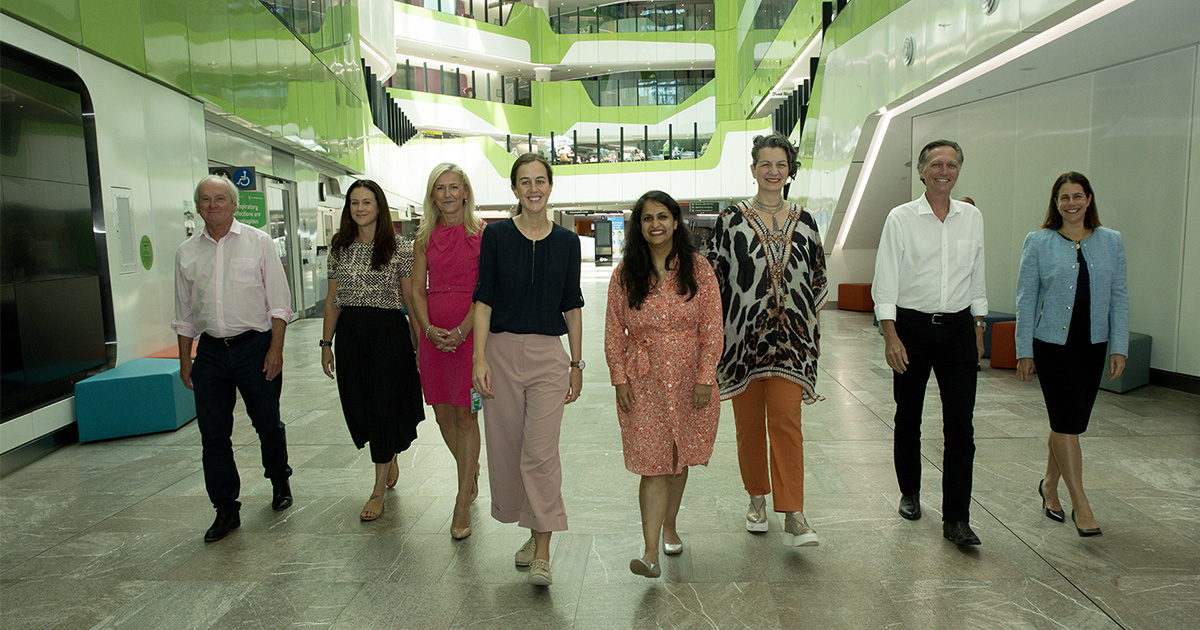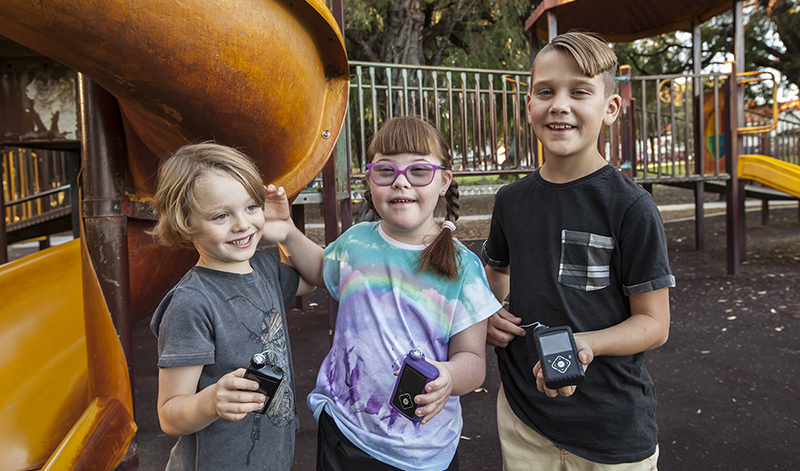Search
Research
Incidence of childhood onset type 1 diabetes in Western Australia from 1985 to 2016: Evidence for a plateauThis study provides evidence for a possible plateauing in the incidence of childhood T1D in Western Australia, following a peak in 2003
Research
Are low sun exposure and/or Vitamin D risk factors for type 1 diabetesEvidence supports that higher sun exposure and/or vitamin D sufficiency in pregnancy, or supplementation in early life, decreases type 1 diabetes risk
Research
Glucose Concentrations of Less Than 3.0 mmol/L (54 mg/dL) Should Be Reported in Clinical Trials: A Joint Position Statement of the American Diabetes Association and the European Association for the Study of DiabetesThe IHSG recommends that the frequency of detection of a glucose concentration <3.0mmol/L, to be included in clinical trial reports of glucose lowering drugs.
Research
Glycemia, Treatment Satisfaction, Cognition, and Sleep Quality in Adults and Adolescents with Type 1 Diabetes When Using a Closed-Loop SystemAndroid-HCLS in both adults and adolescents reduced nocturnal hypoglycemia and, in adults, improved overnight time in target range and treatment satisfaction
Research
Childhood Overweight and Obesity: Maternal and Family FactorsThe need to target prevention and intervention efforts for childhood overweight and obesity towards families with overweight parents
Research
Exercise training improves vascular function in adolescents with type 2 diabetesExercise training can improve both endothelial function and health, independent of changes in insulin sensitivity in adolescents with type 2 diabetes
Research
Environmental determinants of islet autoimmunity (ENDIA): a pregnancy to early life cohort study in children at-risk of type 1 diabetesThese observations suggest factors in the modern environment promote pancreatic islet autoimmunity and destruction of insulin-producing beta cells.
Research
Bioenteric Intragastric BalloonThe purpose of this randomized clinical trial is to determine whether the use of the BIB aids weight loss in obese adolescents.

News & Events
PhD pathway program ensuring bright future for clinical research in WATwo outstanding Perth Children’s Hospital clinicians will be supported to pursue a career in medical research, paving the way for more clinician-scientists in Western Australia.

News & Events
Five things that may surprise you about type 1 diabetesProfessor Liz Davis reveals five things you might not know about type 1 diabetes.
